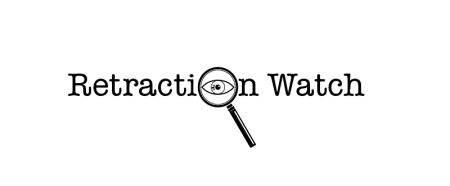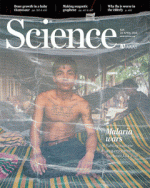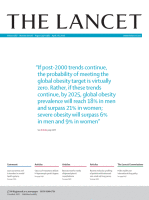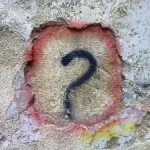

Did that headline make sense? It isn’t really supposed to – it’s a sum-up of a recent satirical paper by Columbia statistician Andrew Gelman and Jonathan Falk of NERA Economic Consulting, entitled “NO TRUMP!: A statistical exercise in priming.” The paper – which they are presenting today during the International Conference on Machine Learning in New York City – estimates the effect of the Donald Trump candidacy on the use of no wild cards (known as trump cards) in the game of bridge. But, as they told us in an interview, the paper is about more than just that.
Retraction Watch: You have a remarkable hypothesis: “Many studies have demonstrated that people can be unconsciously goaded into different behavior through subtle psychological priming. We investigate the effect of the prospect of a Donald Trump presidency on the behavior of the top level of American bridge players.” Can you briefly explain your methodology, results and conclusions? Continue reading Trump vs. trump: Does the candidate affect the use of trump cards in Bridge?

 If authors duplicate portions of their own work in multiple papers — such as descriptions of methods, a boilerplate background to their field, etc. — should that be considered misconduct?
If authors duplicate portions of their own work in multiple papers — such as descriptions of methods, a boilerplate background to their field, etc. — should that be considered misconduct? With
With  Since we reported Friday that multiple authors had asked to remove their names from a high-profile 2011 Lancet paper about a risky transplant surgery, a
Since we reported Friday that multiple authors had asked to remove their names from a high-profile 2011 Lancet paper about a risky transplant surgery, a 



